
The d-voting project from the DEDIS lab at EPFL is a decentralized voting system that leverages blockchain technology and cryptographic algorithms to ensure secure, transparent, and verifiable elections. By using a blockchain as the storage medium, the system allows multiple entities to oversee the election process and enables easy access for public verifiers to ensure (…)

October 1st, 2024, 09h30-17h30, SwissTech Convention Center, EPFL Introduction In 2024, more than 50 national elections are taking place or have already taken place across the globe, from Taiwan’s presidential elections in January, to India’s Lok Sabha election staged over seven phases from April to June, to the US presidential elections in November. Meanwhile, the (…)
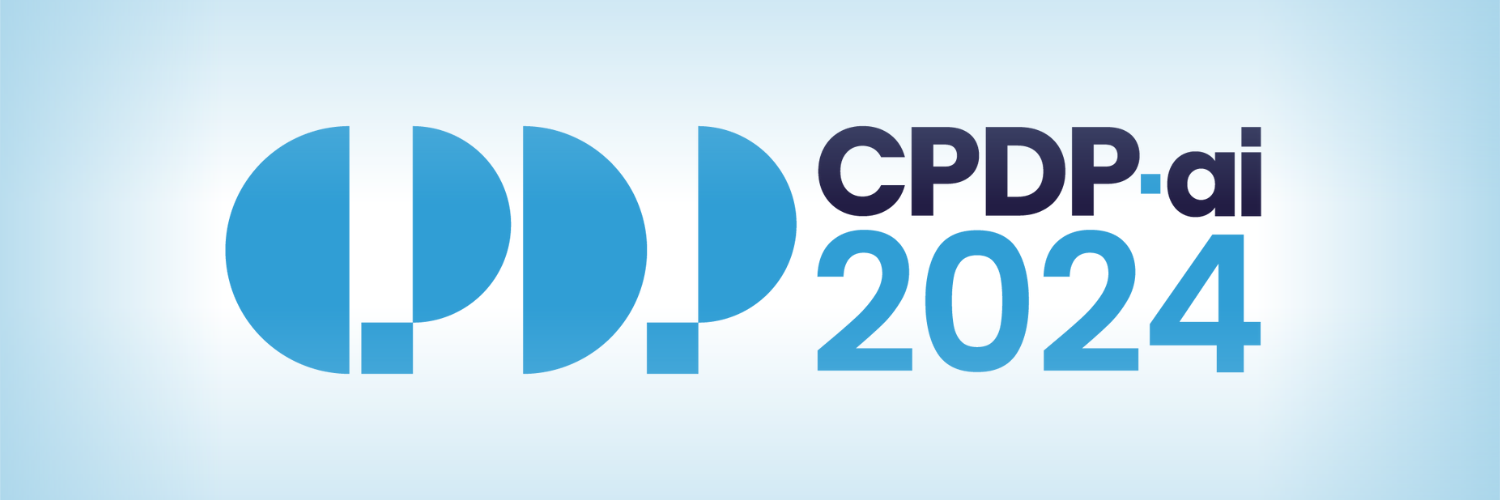
CPDP is a non-profit platform originally founded in 2007 by research groups from the Vrije Universiteit Brussel, the Université de Namur and Tilburg University. The platform was joined in the following years by the Institut National de Recherche en Informatique et en Automatique and the Fraunhofer Institut für System und Innovationsforschung and has now grown into a platform carried by 20 academic centers of excellence from the EU, the US and beyond.

The Swiss E-ID Journey This article is the second in a series of three articles which discusses C4DT’s experiences and takeaways testing the Swiss Confederation Public Sandbox Trust Infrastructure, hereafter abbreviated as “sandbox”. In the first article, we looked over all the components of the sandbox, and its setup. In this article we delve deeper (…)

[Lang : Fr][ictjournal.ch] Les populations ont de moins en moins confiance dans l’innovation, selon le baromètre Edelman. En entretien avec la rédaction, Olivier Crochat, directeur du Center for Digital Trust de l’EPFL (C4DT), partage son diagnostic et ses pistes de solution.
May 28th, 2024, 09h15-12h00,EPFL by invitation only Introduction Ensuring the secure transmission and storage of vital data, imperative for societal, economic, and governmental functions, is a growing concern among politicians. The proliferation of cloud computing underscores the urgency of addressing this issue, making it a central focus in discussions on digitalization security. Acknowledging data’s central (…)

What does the future hold for the service public in the digital platform era? Check out the first edition of our Insight, by Prof. Matthias Finger & Dr. Melanie Kolbe-Guyot.

Six years ago, EPFL rolled out an e-voting platform developed by Bryan Ford’s DEDIS lab for its internal elections [2]. The then newly-formed Center for Digital Trust (C4DT) brought this project as one of the first under the umbrella of its Digital-Trust Open Platform, the precursor to what is today the C4DT Factory – (…)

In this policy paper, Matthias Finger and Melanie Kolbe-Guyot unpack the challenges that digital platforms bring to traditional service public sectors. They suggest actionable strategies for policymakers to ensure accessibility, affordability, and sustainability of the existing physical service public offerings.

Inspired by the panel session at this year’s “AI House” panel session on “Transparency in Artificial Intelligence”, this write up very informally summarizes Imad Aad’s thoughts about transparency and trust in AI. It is aimed at readers with all backgrounds, including those who had little or no exposure to AI so far.
This project underscores the need for a paradigm shift in data privacy policies, acknowledging the inherent trade-off between data utility and privacy that current Privacy Enhancing Technologies (PETs) cannot fully mitigate. It highlights the limitations of PETs and the systemic responsibility issues within the data supply chain, where technology producers often evade accountability. Consequently, a shift towards a data-use case-centric evaluation framework is recommended, one that prioritizes utility while minimizing leakage through nuanced risk assessments. Finally, the porject calls for greater transparency and a redefined accountability structure in the data sharing ecosystem.
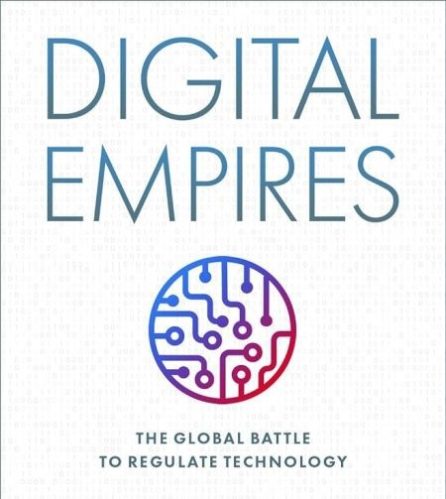
This book offers an in-depth, objective analysis of the three dominant regulatory models for digitalization—market-driven by the US, state-driven by China, and citizen-driven by the EU—and their global impacts on data, digital platforms, and the internet, highlighting the current geo-political struggles and possible future scenarios.
The C4DT Factory team selected some Privacy Enhancing Technology (PET) links for you. They are all related to digital trust: security, privacy, trust in general, we have you covered!

This is the 1st part of a series of articles: The Swiss Confederation E-ID Public Sandbox Trust Infrastructure The Swiss E-ID Journey C4DT Demonstrator using the Swiss Public Sandbox Trust Infrastructure Empowering Digital Identities: The SSI Protocol Landscape Switzerland’s E-ID journey so far In 2021, the Swiss E-ID law proposition was rejected by a public (…)

Switzerland’s E-ID journey so far In 2021, the Swiss E-ID law proposition was rejected by a public referendum. The reason for the refusal was due to privacy concerns in the implementation and management of that system. In a nutshell, the idea that a private entity would be in control of users’ data was frowned upon. (…)
May/June [tbc}, 2024, 10h00-12h00online Introduction The adoption of multicloud architectures is a strategic response to evolving organizational needs in today’s digital landscape. Motivations for this transition include mitigating risks, such as disaster recovery and business continuity. Diversifying across multiple cloud providers enables organizations to weather potential service outages by seamlessly shifting services to maintain business (…)
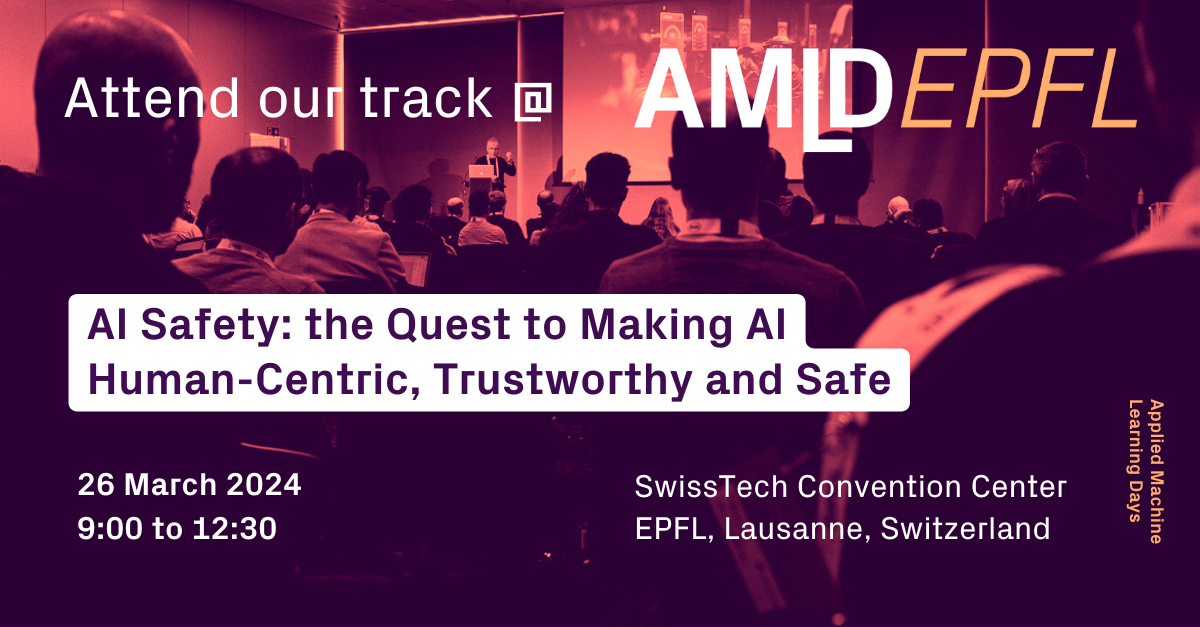
The AI Safety track addresses the pressing need for responsible AI usage beyond sensationalized risks. While global leaders address extreme threats, the track spotlights often-overlooked but crucial challenges, such as bias mitigation, individuals’ privacy protection, generation of inaccurate or fabricated information, and AI alignment with human values. It serves as a platform for experts from diverse fields to share insights, tackle challenges, and suggest solutions for a safer, human-centric, and trustworthy AI future.

By Melanie Kolbe-Guyot, Head of Policy, C4DT It is no secret that we are in the midst of an intense technological rivalry among the great powers of the United States, China, and the European Union; a rivalry that encompasses economic, security, and geopolitical dimensions. The development, control, and weaponization of digital technologies has become (…)

In collaboration with the FIFDH (FESTIVAL DU FILM ET FORUM INTERNATIONAL SUR LES DROITS HUMAINS), EPFL Pavilions and Ingénieur.e.s du Monde invite you to the screening of the film “Total Trust”, a captivating thriller combining suspense, artificial intelligence and moral dilemmas. The film plunges us into a futuristic universe where new technologies and artificial intelligence have become omnipresent.
February 29th, 2024, 10h00-11h45online Introduction In today’s rapidly evolving technological landscape, the adoption of private cloud solutions has become a strategic imperative for many organizations seeking enhanced security and control over their data. Additionally, by opting for an open-source cloud stack as the foundation of their private cloud solution, they commit to achieving greater transparency (…)
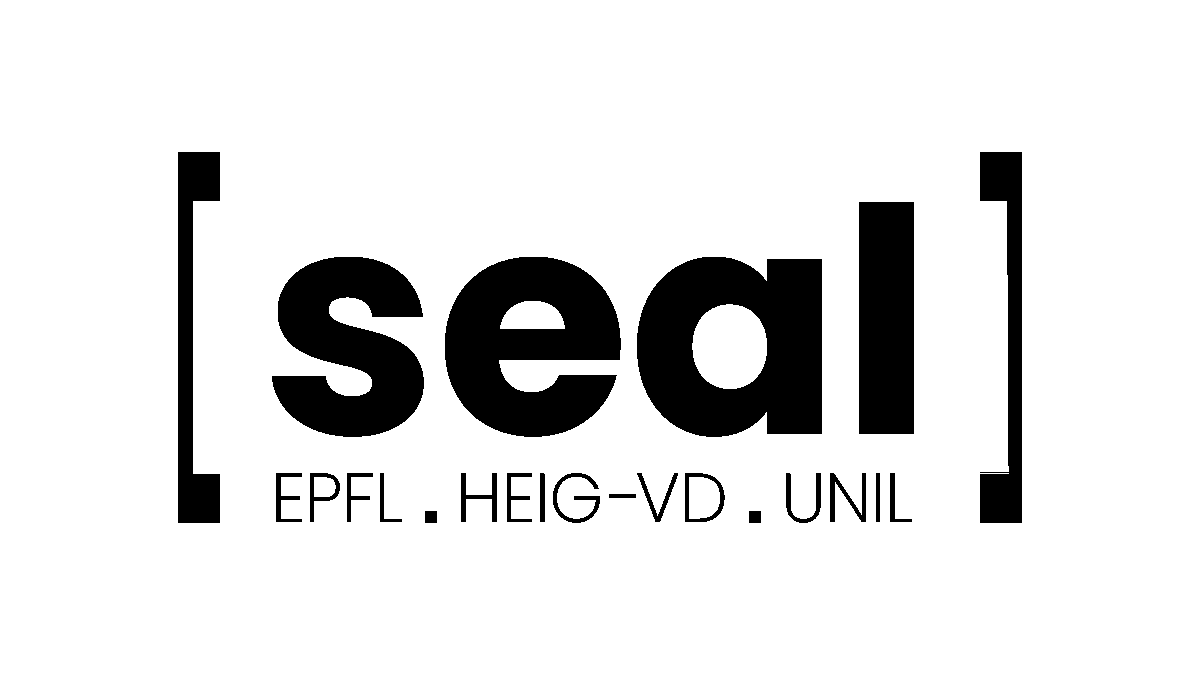
A noteworthy development in the field of innovation sees EPFL, HEIG-VD and UNIL joining forces at the highest level, with the support of the Canton of Vaud, to unveil the outline of the [seal] Program. This initiative aims to stimulate collaboration between the three universities and accelerate the transfer of knowledge and technologies to the socio-economic fabric in the field of digital trust and cybersecurity. The launch of the Program includes a first call for projects dealing with cybercrime. Just as innovation drives our economy, digitalization drives innovation, and trust drives digitalization. In this context of the rapid digitization of our society, the notion of trust and security is at the heart of all concerns.
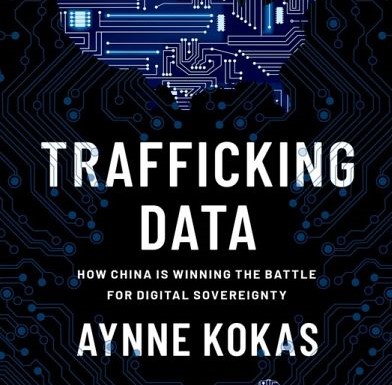
This book explores China’s agenda to establish itself as a cyber superpower through their strategic data governance approach, which, the author Aynne Kokas suggests, could pose a threat to global data autonomy.
The Glion Network of Centers is a global network of academic centers for digital trust established in 2023 to facilitate discussion and synergies among participating centers. The goals of this group are to: The Glion Summit, which takes place annually during the final week of August in Glion (an alpine village just above Montreux, Switzerland), (…)

Digitization is omnipresent. Formerly a means of optimizing existing processes, information and communication technologies (ICT) have today become vectors of profound transformations. As an individual, organization, economic sector or State, how can we acquire the expertise necessary to evolve with foresight and confidence in this new digital ecosystem?
Join us on a 5-day training to better understand digital technologies and develop a clear overview of the digital ecosystem, as well as understanding the issues, opportunities and risks linked to digital technologies!















